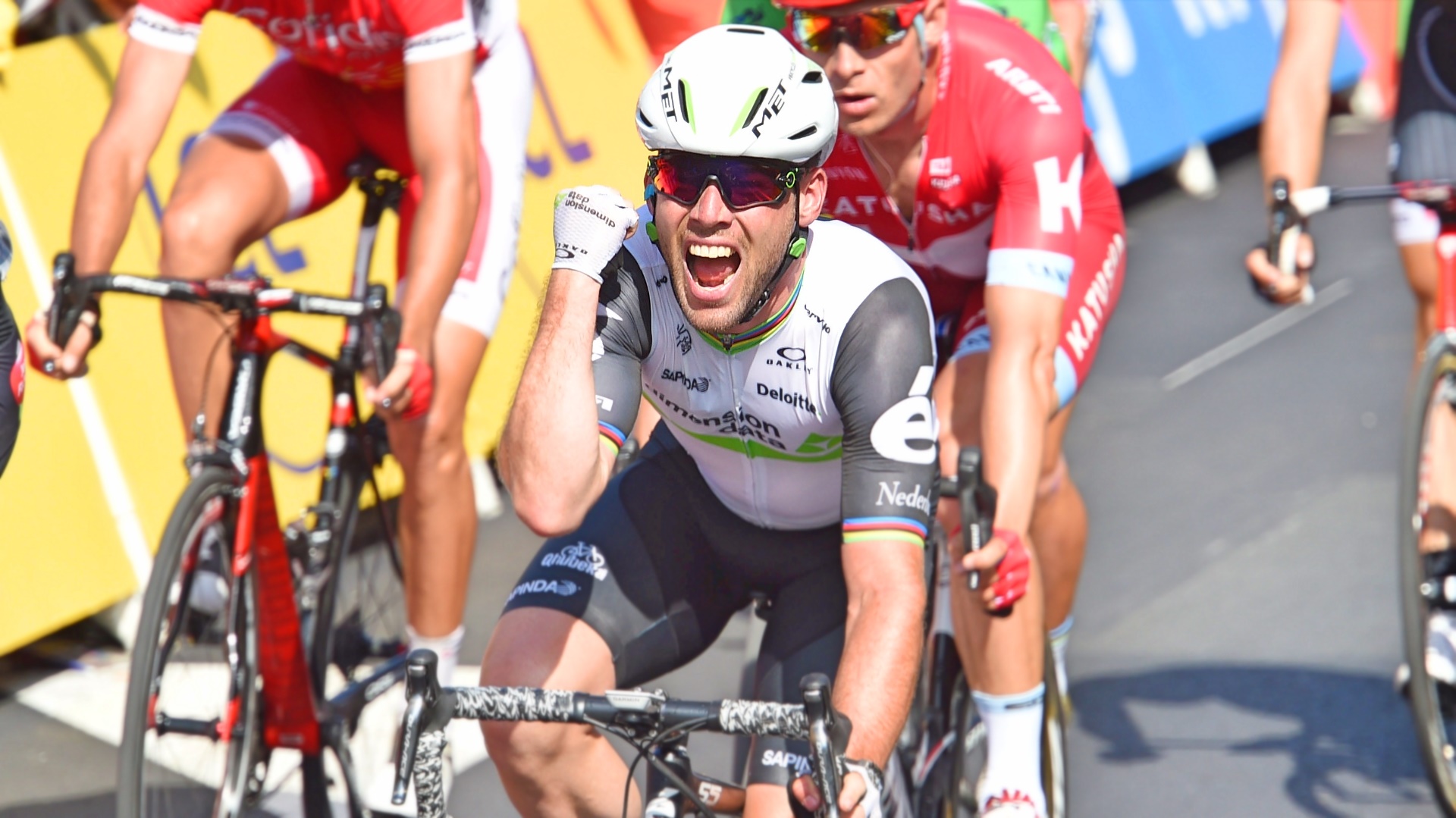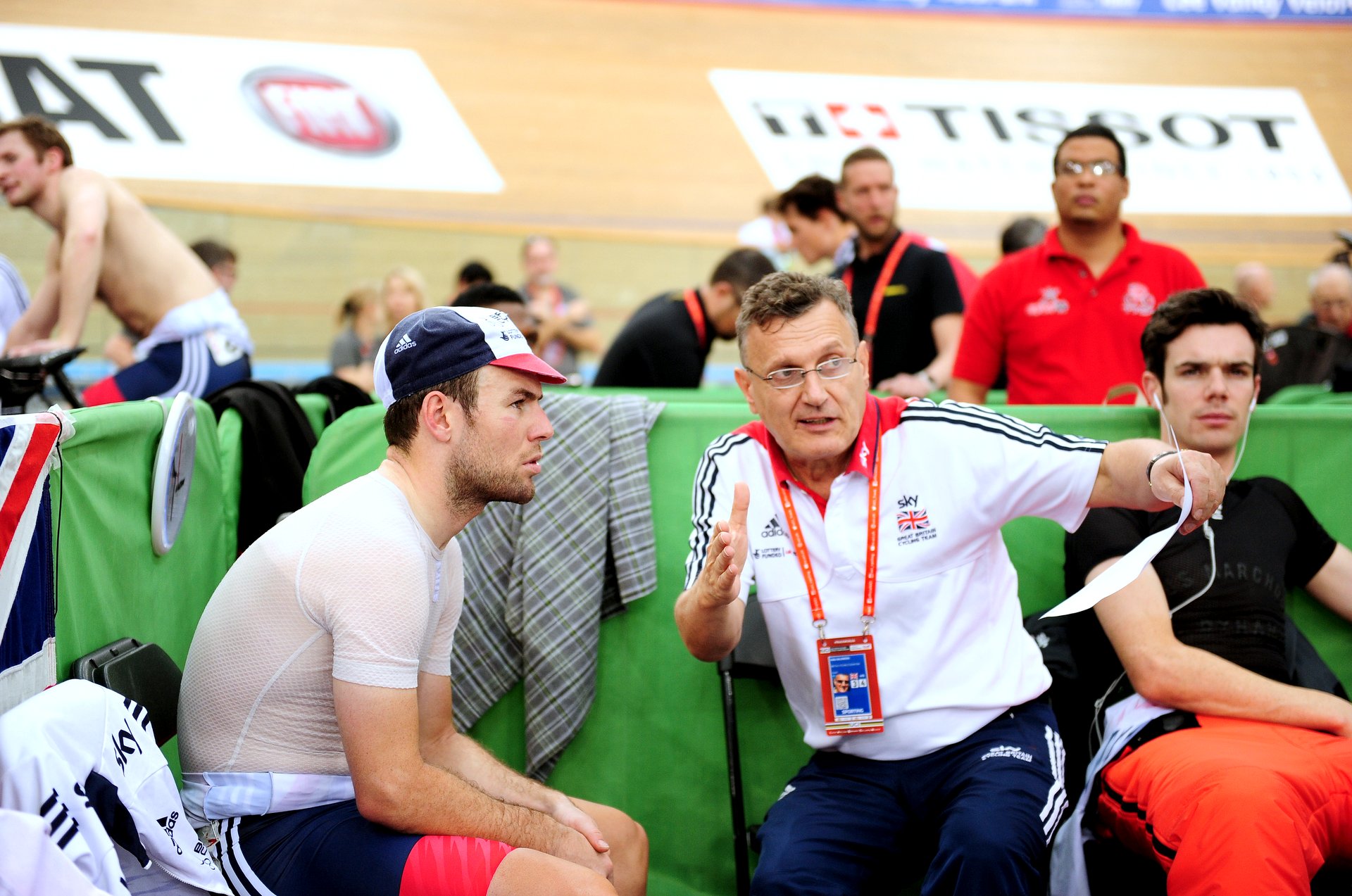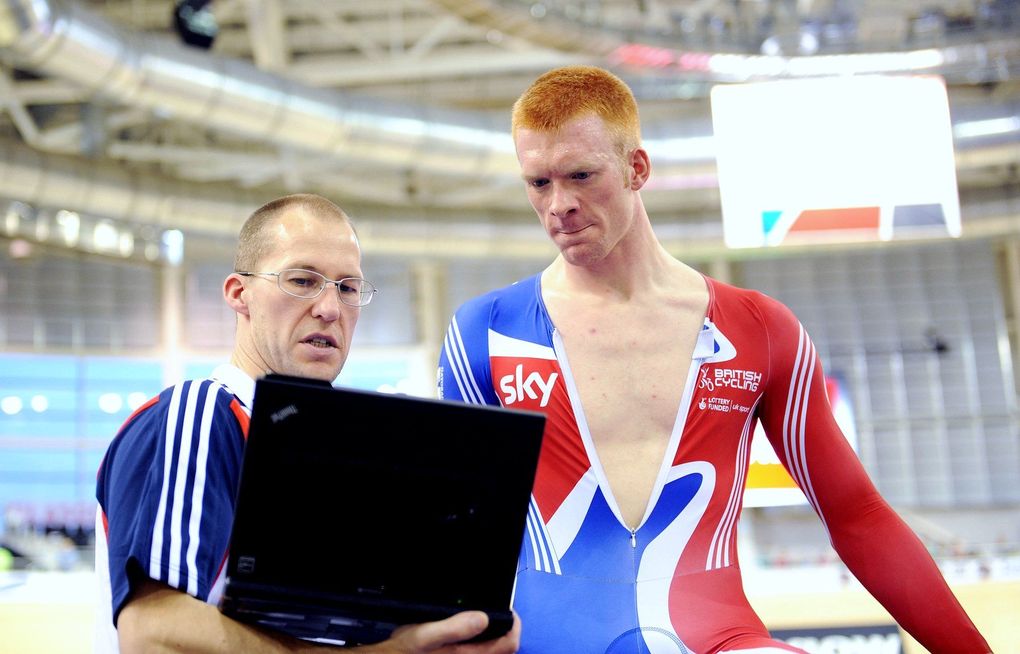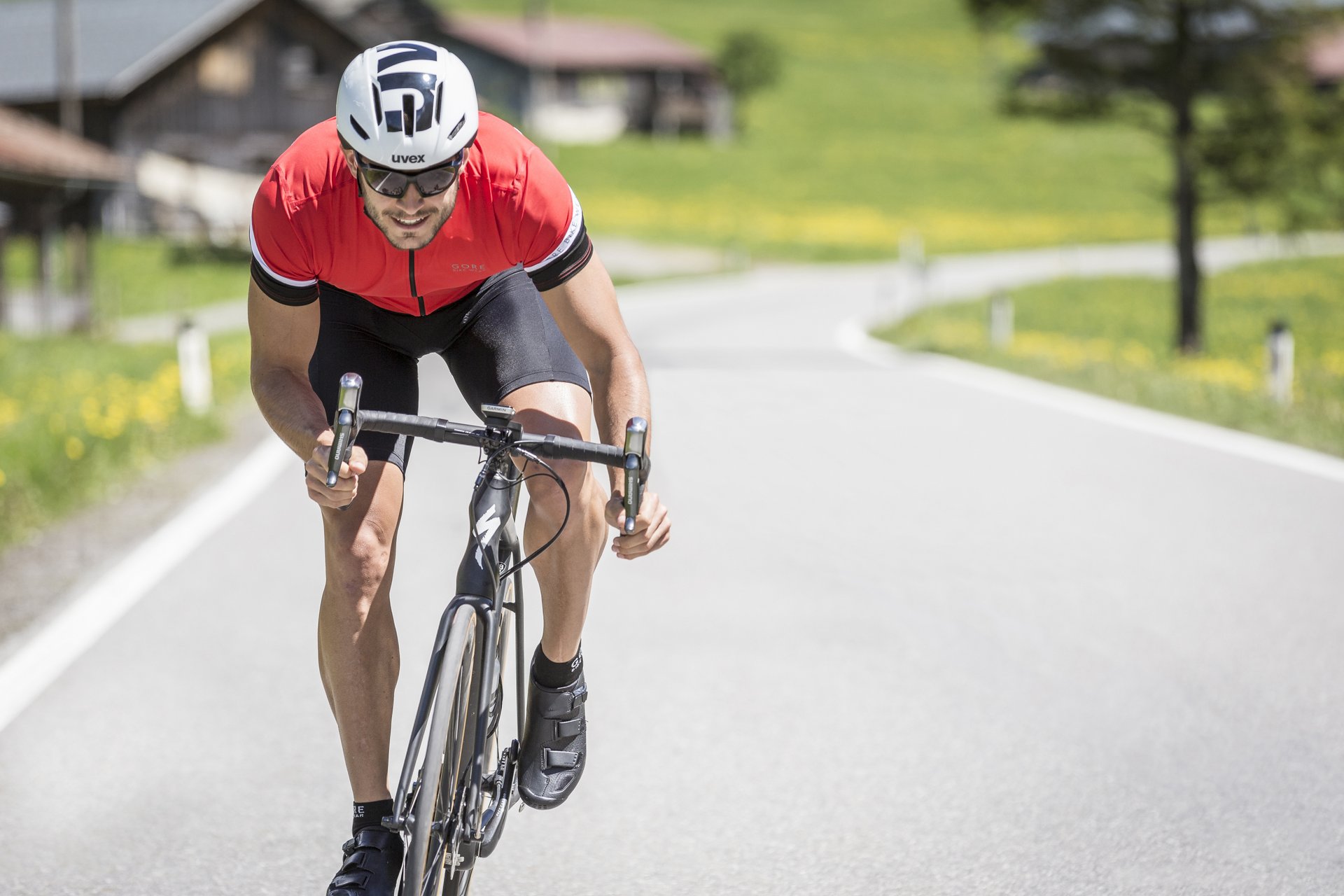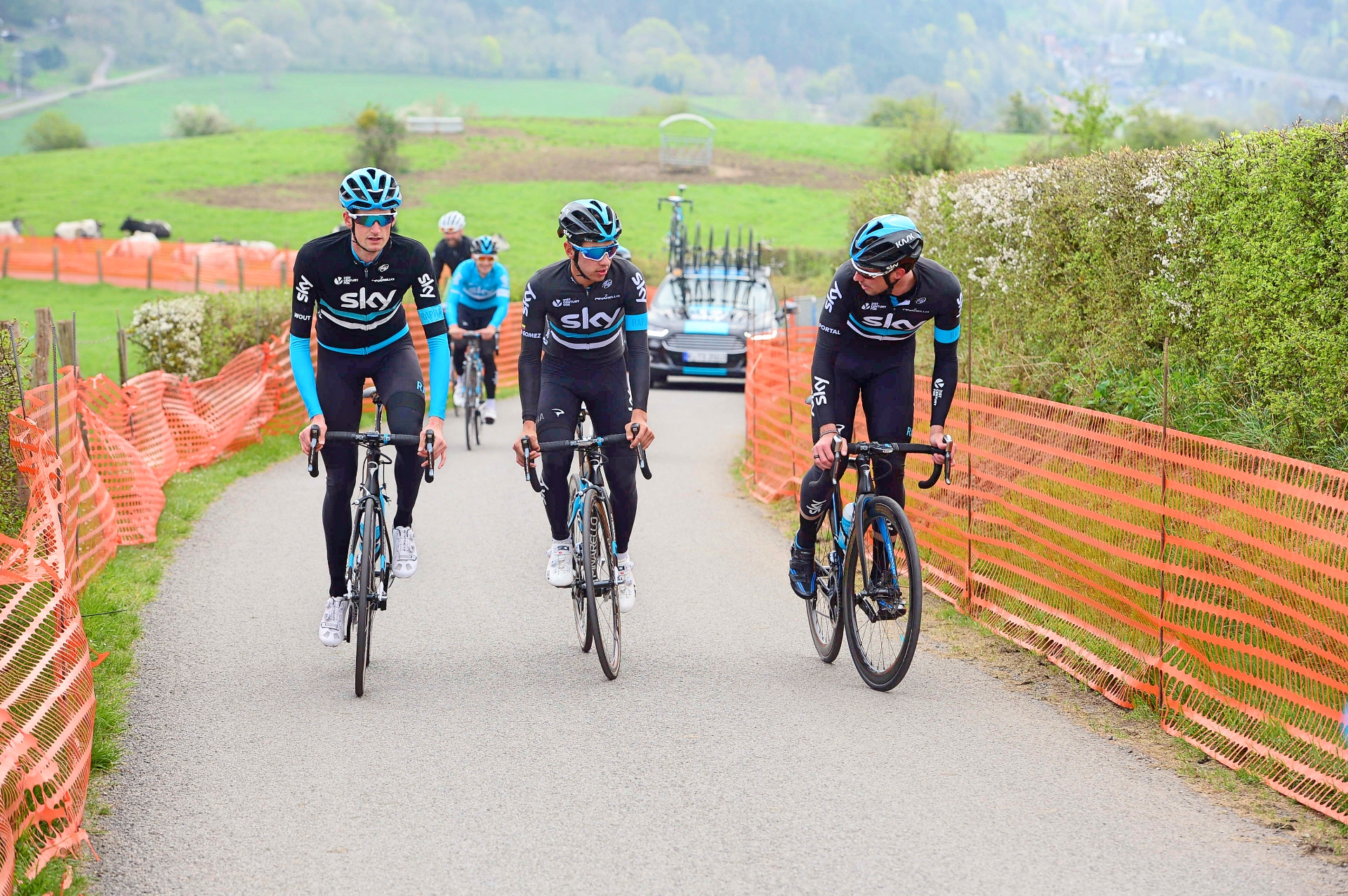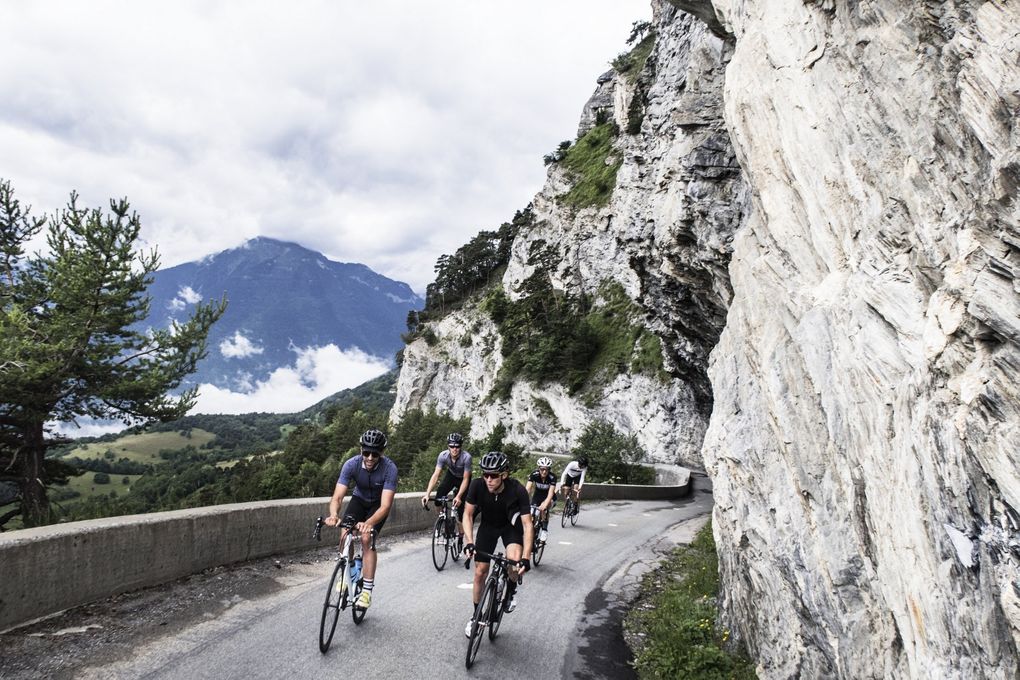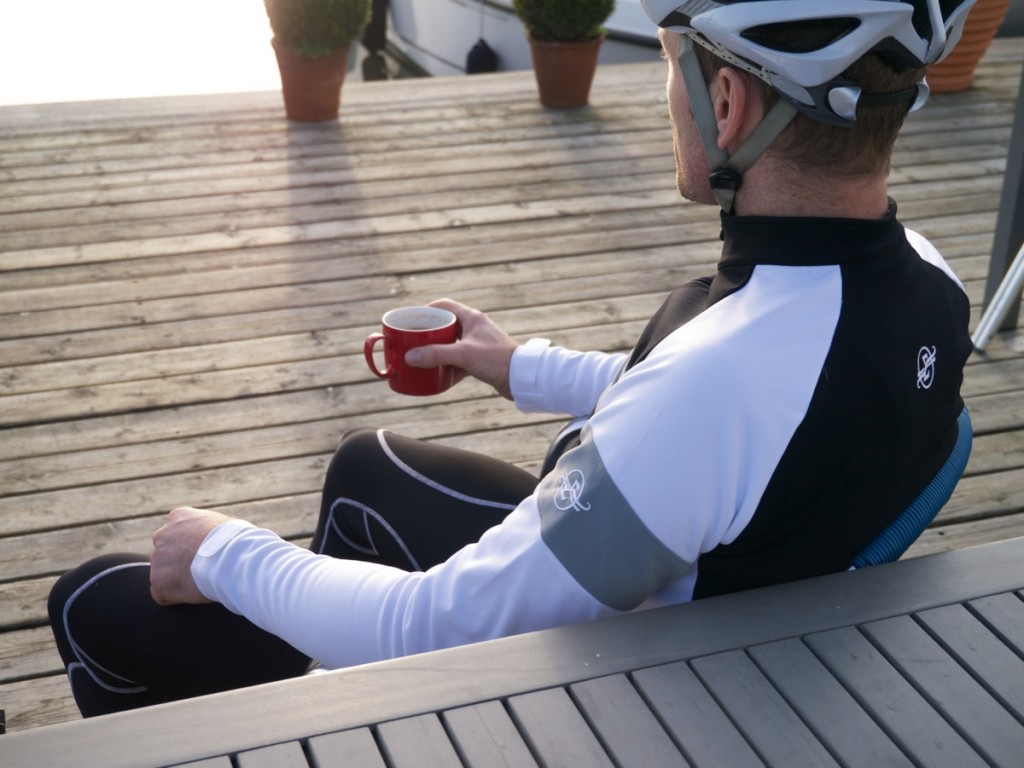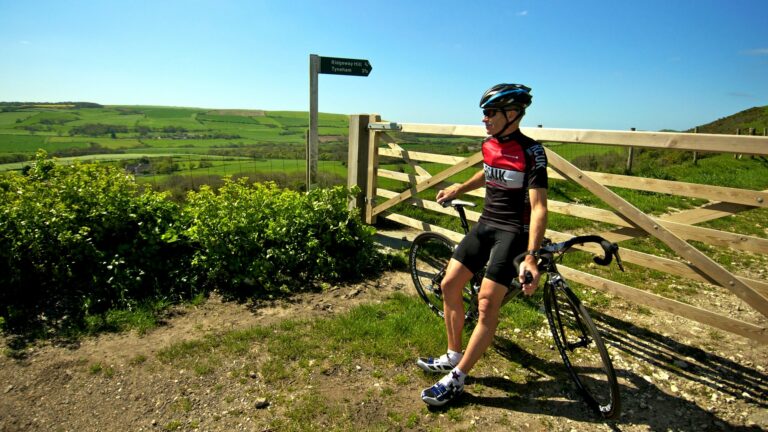Whether you’re training, racing, or simply riding for enjoyment, keeping your motivation high is key to achieving your goals.
Those goals can be a race win, a personal record on a Strava segment, a challenging sportive, or simply maintaining fitness.
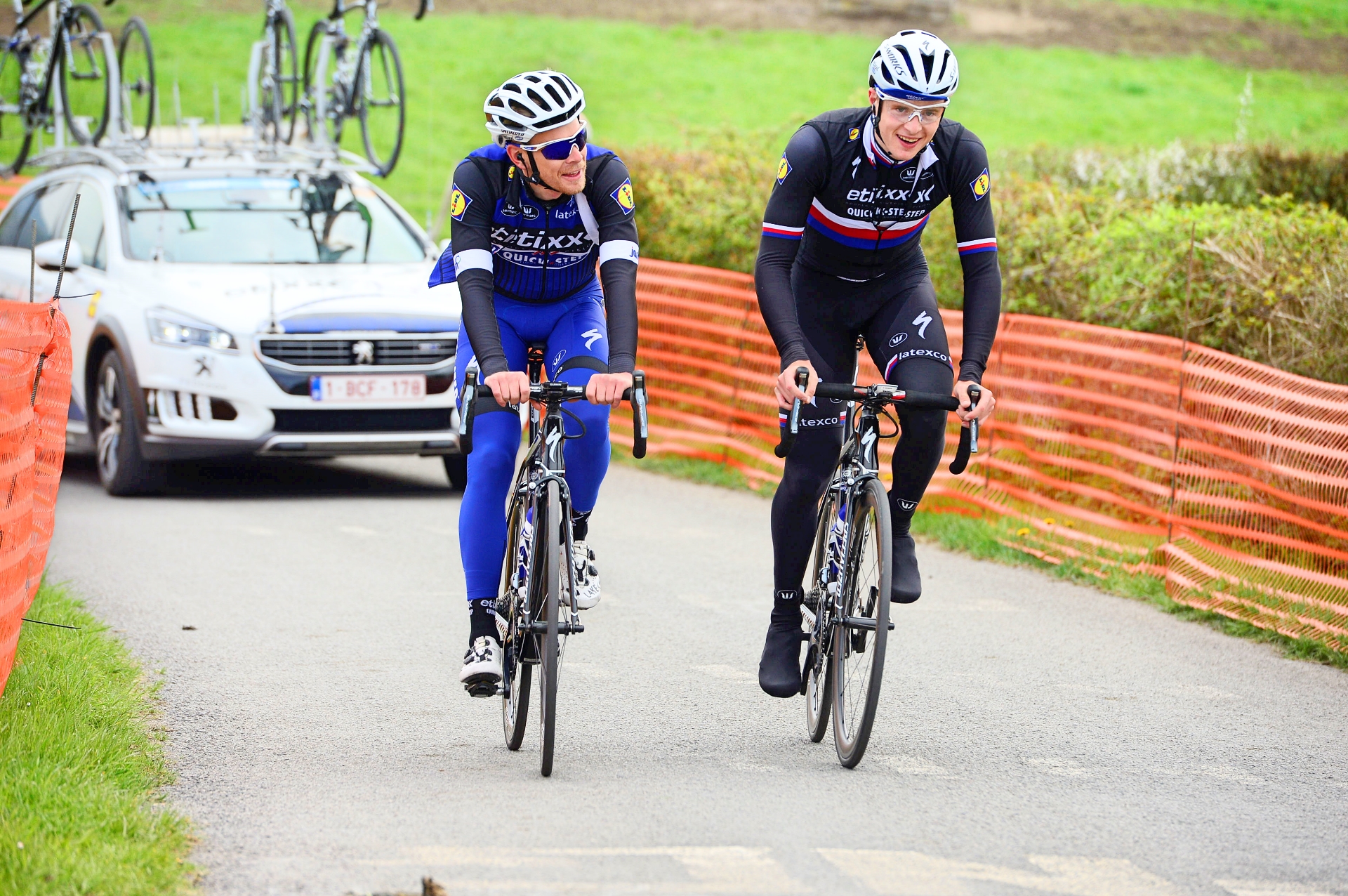
It’s a given that staying motivated and focused in your riding will not only boost the likelihood of meeting your goals, but how can you ensure you keep yourself moving forward towards them when life and other factors can get in the way, interrupting your flow and progress?
We asked two sports psychology experts for their top tips.

